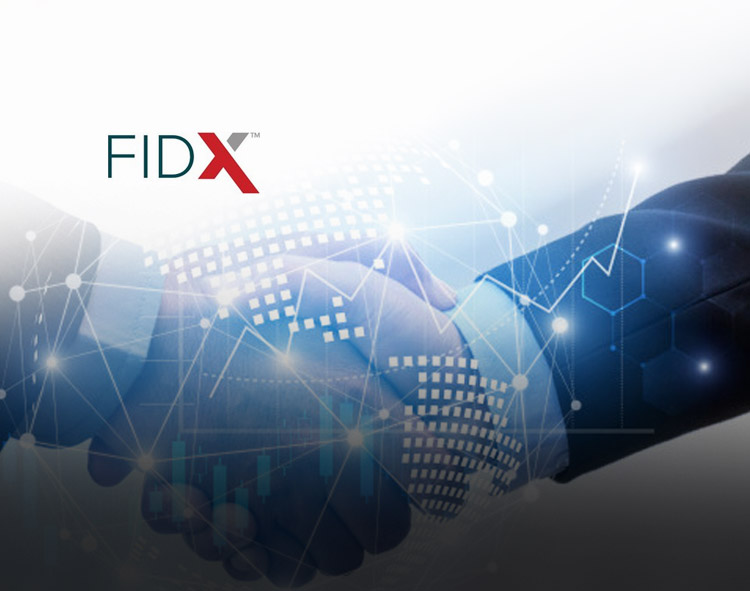The Integration Enables Halo Platform Users to Find a Range of Annuities to Meet Client Retirement Needs
FIDx, a product-agnostic platform that seamlessly integrates insurance solutions with wealth management platforms, announced a strategic partnership with Halo Investing, a marketplace provider that connects investors to protective investment products. The integration will elevate the availability and distribution of annuities to users of the Halo platform.
Read More: Realio Partners With $250M+ Valentus Fund to Tokenize Institutional-grade Investment Opportunities
FIDx and Halo are strategically aligned to provide financial advisors, wealth managers, and RIAs with access to impactful investment solutions to help meet the retirement needs of their clients.
“Our partnership with Halo marks an exciting new chapter for FIDx as we expand distribution opportunities for our insurance carrier partners,” said Rich Romano, Chief Executive Officer at FIDx. “Annuities naturally align with structured products and this is a significant step forward in making these collective strategies available to a wider audience of firms, advisors, and their respective clients.”
Read More: GlobalFintechSeries Interview with Brady Harris, CEO at Dwolla
Halo is the only independent marketplace for structured products, designed to help investors target and achieve a level of expected returns. FIDx provides a single access point to a full spectrum of commission-based and fee-based annuities from industry leading insurance carriers. Through a seamless integration of FIDx and Halo technology, advisors will now have the ability to plan, research, propose, execute and manage annuities alongside structured products through Halo’s platform.
“Adding another defined-outcome investment product to Halo’s platform with a partner like FIDx gives our clients even more protection options,” said Jason Barsema, President & Co-Founder at Halo. “This will also add tremendous value by enabling advisors to have one holistic protective investing experience rather than managing them through separate doors. It really is the future.”
Read More: How Are Neobanks Changing The Face Of Banking Today?
